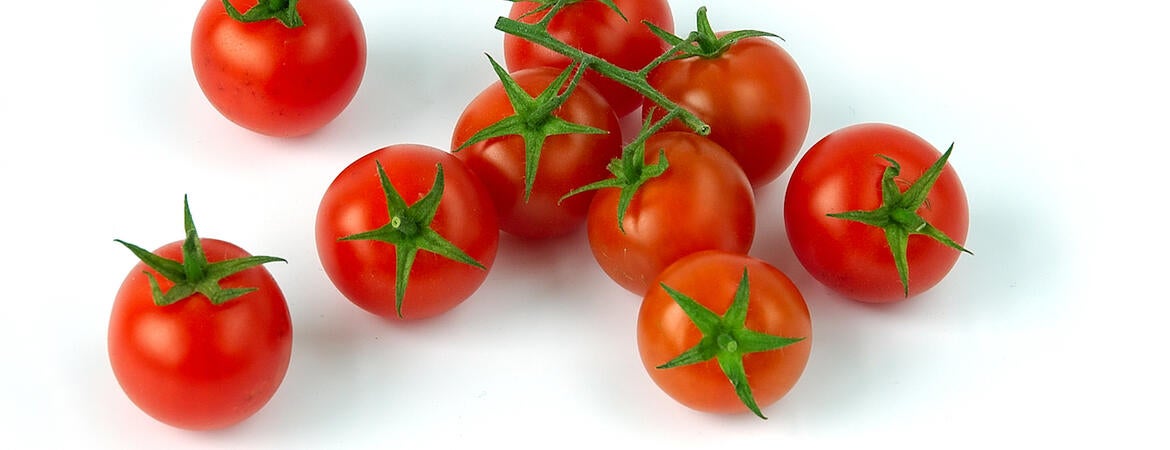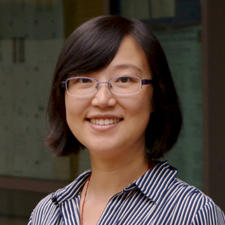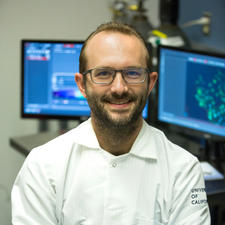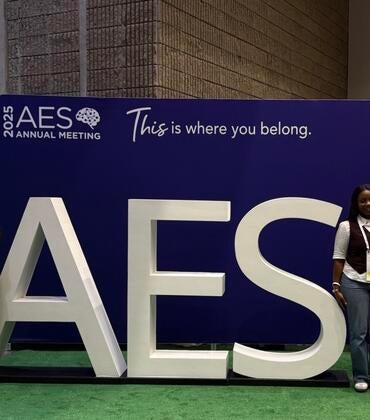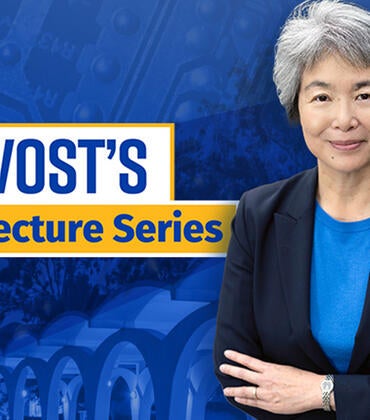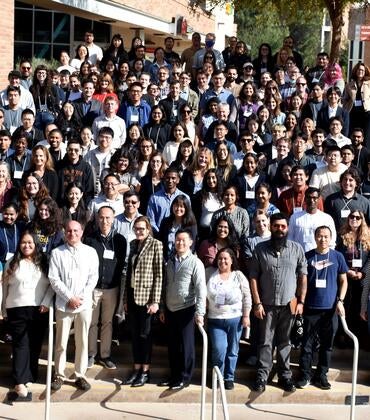Two UC Riverside engineers have received grants from the University of California Cancer Research Coordinating Committee to investigate bioengineered approaches toward treating cancer and to build cancer research clusters within the Marlan and Rosemary Bourns College of Engineering.
Yanran Li, an assistant professor of chemical and environmental engineering, received a $75,000 New Assistant Professor grant to engineer common baker’s yeast to produce plant steroids, or phytosteroids, with anticancer properties. Her approach, known as synthetic biology, involves transferring the biosynthetic machinery responsible for producing the desired steroids in plants to the engineered yeast strains so that the yeast will robustly produce them, too.
Many plants contain compounds that fight cancer and a diet rich in these kinds of vegetables and fruits reduces the risk of some cancers. However, it is not possible to get enough of these compounds from diet alone to cure cancer.
While plants can be bred or engineered to produce huge amounts of some kinds of therapeutic compounds, they can’t be made to produce large amounts of certain anticancer phytosteroids. As in humans and animals, steroids are hormones that regulate important metabolic and growth-related processes in plants. Too much of these hormones will harm the plants. Thus, no way exists to extract phytosteroids from plants in quantity.
Li will develop strains of yeast that produce two phytosteroids: brassinosteriod, a class of ubiquitous phytohormones, and tomatodine, from tomatoes. In prior research, she engineered yeast that yielded usable amounts of noscapine, a potentially therapeutic compound found in opium poppies. She plans to apply similar techniques to develop phytosteroid-producing yeast.
Li expects that one day her research group will know enough about how phytosteroids fight cancer to build a custom phytosteroid that delivers maximum tumor inhibiting or killing properties without hurting normal cells along the way.
Joshua Morgan, an assistant professor of bioengineering, received a $75,000 New Assistant Professor grant to study signaling networks that regulate tumor growth in the most common kind of pancreatic cancer, pancreatic ductal adenocarcinoma, or PDAC. PDAC has one of the highest mortality rates of common cancers.
Morgan will study a type of intercellular communication, known as signaling pathways, in which protein molecules move from cell to cell with messages about what to do next.
Sonic hedgehog protein is a signaling molecule essential for normal growth and development, but is also involved in cancer progression. Some approaches to treating cancer involve preventing this protein from reaching tumor cells to stop or slow their growth. In PDAC, however, Sonic hedgehog signaling both restrains growth of the tumor in one way while encouraging it in another, so disabling it is ineffective.
Morgan’s goal is to learn more about other signaling pathways that intersect with and affect the Sonic hedgehog pathway in order to deliver its tumor inhibiting properties without amplifying its tumor growth properties.
A second goal is to develop simple, inexpensive techniques for culturing 3D pancreatic tissue. Right now, most studies are done with pancreatic cells in a petri dish because most labs don’t have the expertise to grow tissue, and it is expensive to buy from laboratory supply companies. Morgan estimates that with a few hundred dollars of supplies, and standard lab equipment and personnel, a lab could grow dozens of 3D pancreatic tissue models. He hopes that with more realistic models, scientists can discover more effective treatments.
The University of California Cancer Research Coordinating Committee is a systemwide, faculty-directed cancer research program that provides one-year seed grants to faculty on the 10 UC campuses, in any discipline that address any aspect of cancer. Funding comes from donations and bequests to UC for cancer research, and from voluntary state income tax contributions to the California Cancer Research Fund.
Header/thumbnail image: Tomate cerises by Luc Viatour on Wikimedia Commons. Artist's website: https://lucnix.be/. Image was resized.
